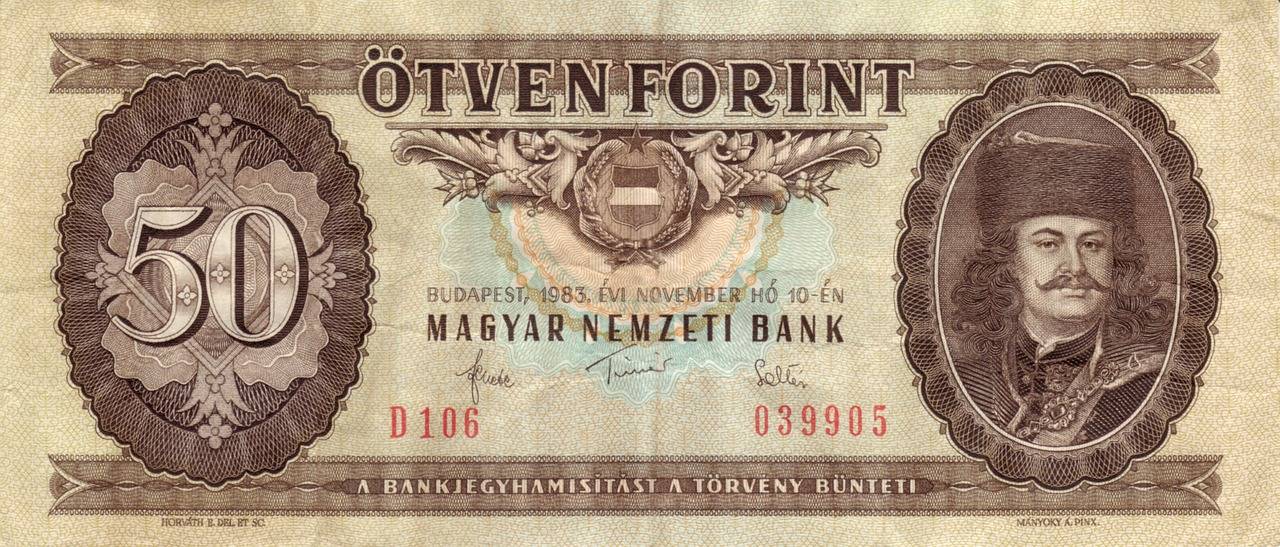The Psychology of Sales: How Discounts Influence Shopping Behavior
Consumer purchases are often influenced by various factors that shape their buying decisions. One significant aspect that drives consumer purchases is the psychological factor of perceived value. Consumers tend to evaluate the worth of a product based on its perceived benefits and how well it meets their needs.
Additionally, social influences play a role in driving consumer purchases. People are often influenced by the opinions and behaviors of their peers, family, and social media connections. This social proof can impact consumer choices, leading individuals to purchase products or services that are popular or recommended by those around them.
The Impact of Discounts on Perception of Value
When consumers encounter discounts on products or services, their perception of value often undergoes a significant shift. The presence of discounts can create a sense of urgency and opportunity, prompting individuals to perceive the offering as a greater value than its original price tag suggested. This change in perception is fueled by the subconscious association between discounts and savings, leading consumers to feel that they are getting more for their money.
Moreover, discounts can also serve as a powerful psychological trigger, influencing consumers to make purchases they might not have considered otherwise. The lure of a discounted price can create a sense of reward and satisfaction, tapping into the innate desire for a good deal. As a result, consumers may be more inclined to overlook potential drawbacks or limitations of the product, focusing instead on the perceived value they are receiving through the discounted price.
How do discounts influence consumers’ perception of value?
Discounts can make consumers feel like they are getting a good deal, which can increase their perception of value for a product or service.
What are some factors that drive consumer purchases?
Factors that drive consumer purchases include price, quality, convenience, brand reputation, and personal preferences.
Do discounts always lead to an increase in sales?
While discounts can attract more customers and increase sales in the short term, they may also devalue a product in the long run if used too frequently.
How can businesses effectively use discounts to enhance their value proposition?
Businesses can strategically offer discounts on products or services that are in high demand, or create limited-time offers to create a sense of urgency among consumers.
Are there any drawbacks to using discounts as a marketing strategy?
Yes, relying too heavily on discounts can train consumers to always expect lower prices, which can erode brand loyalty and profitability in the long term.





